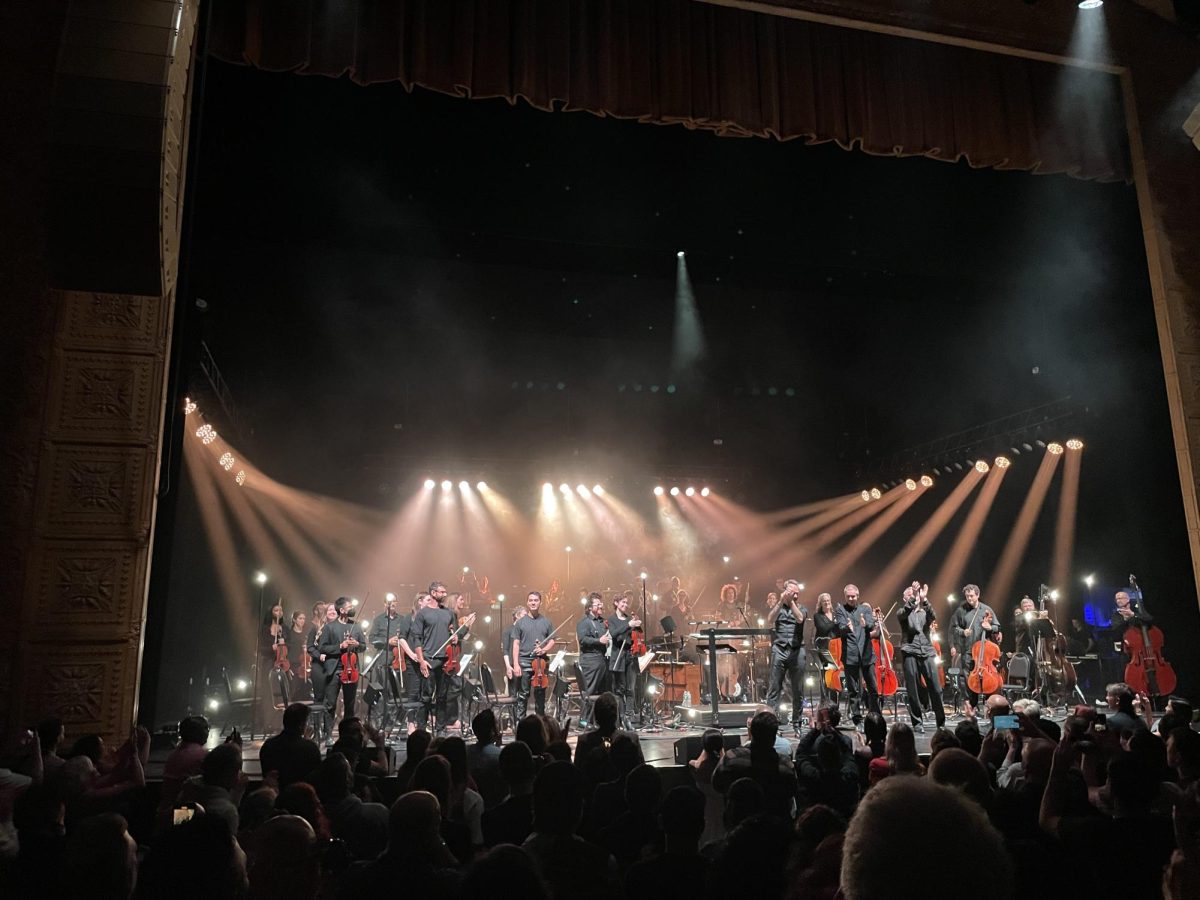It is tempting to trivialize Mozart—to take the quality of his music on faith because it’s Mozart. His piano concertos are particularly vulnerable to this approach, especially if the listener forgets to listen beyond the showmanship and virtuosic razzmatazz. Mitsuko Uchida does not risk her interpretation for an inattentive audience. She does not yield to a fickle crowd the power to decide what to hear in Mozart’s music. She strips all distraction from the concertos, presenting a spectacle of sound, at once organic and divine.
In her annual Symphony Center appearance last Saturday, Uchida played two piano concertos from opposite ends of Mozart’s chronology: the No. 6 in B-flat major and the No. 26 “Coronation” in D major. Together, the two works reveal a compelling narrative about Mozart’s growth as a composer—strong evidence that not all of Mozart’s music was created equal. I did not care for the earlier piece; compared to his later orchestral works, the Sixth Piano Concerto has a sparseness of texture that comes across as threadbare. Lacking the harmonic inventiveness and structural know-how of his mature style, the first and third movements sound uniform and choppy. Yet the second movement gives a taste of the remarkable spirituality that has made him immortal—Uchida’s interpretation transfigured the Andante un poco adagio from humble to divine. There is an intuitiveness to her touch that defies description. Listening to Uchida playing Mozart, I became convinced that this was how Mozart should be played. Not in the negative sense that there was nothing out of place; her interpretation captures a positive ideal, completely and effortlessly Mozart.
“Mozart is the most frustrating composer to perform,” said Uchida in an interview in the 1987 documentary Mozart in Japan. “It must sound as if you were playing it for the first time.” A performance that channels only grace or wit or elegance is a mediocre one. These elements are precursors to technique: a certain phrasing here, a quick attack there. They are to Mozart as Stat 234 is to econometrics.
But Uchida demonstrated a spontaneity in her playing that made the No. 26 so exciting to hear. Her performance drew the ear forward, charging each nimble passage and dainty trill with electric anticipation. As Uchida herself said in the same interview, “The initial surprise of hearing his music and all of the emotions that you might have experienced…all of those fresh feelings must come back. Mozart expects that his music is recreated every time when you sit at the keyboard.” Sitting in Symphony Center last Saturday, I felt wonder—wonder at the brilliance of Mozart and of Uchida.
In between the two concertos, Uchida accompanied the German soprano Dorothea Röschmann in a performance of Schumann’s song cycle Frauenliebe und -leben (A Woman’s Love and Life). Its eight songs chronicle a woman’s life from her (patriarchy-tinged) perspective, beginning with her courtship and ending with her grief at the early death of her husband. Röschmann was not particularly convincing in expressing the indecisive joy in the first three songs, which reflect her character’s amazement at her reciprocated love. Her voice began to open up in the consecutive songs, showcasing admirable emotion and a subtle understanding of the text. Her reflection on motherhood, “An meinem Herzen, an meiner Brust,” radiated tender wonderment. Crisp diction and superb breath control accented her grief in “Nun hast du mir den ersten Schmerz getan,” in which the character expresses heartbreak at her husband’s death. I was more disappointed with Uchida’s accompaniment, which lacked the intuition of her Mozart interpretations. It would have been more satisfying to hear her bring the same sensitivity from her solo playing to support Röschmann’s solid effort.
Meeting Uchida at her CD signing after the performance, I remarked that I adored the shoes she wore that evening: ankle boots in gold leather that reminded me of a 2005 Dior Homme piece by Hedi Slimane. She responded that she bought them in Venice to replace her regular pair of concert shoes, which were stolen last year in Chicago.







